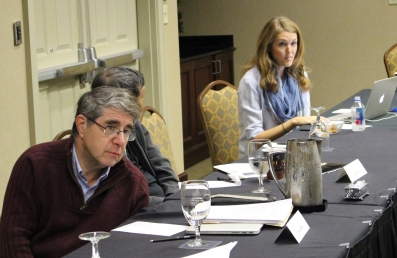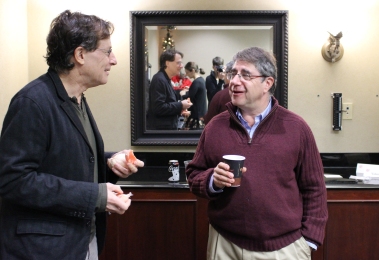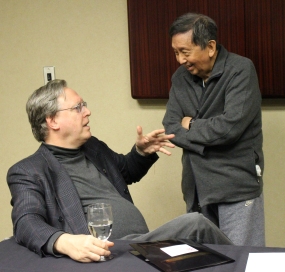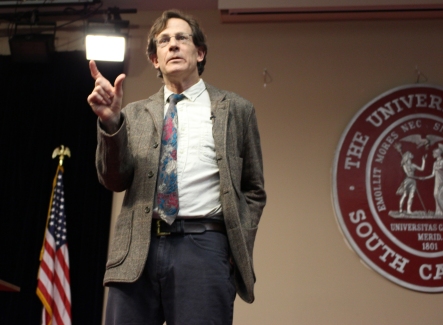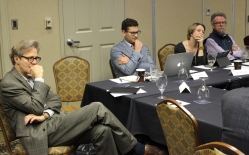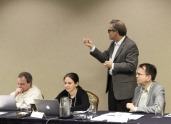
Our Scholar Josef Stern (William H. Colvin Professor of Philosophy Emeritus at the University of Chicago) has been awarded a fellowship from the European Union Research Institutes of Advanced Studies at the Israel Institute for Advanced Studies.
The European Institutes for Advanced Study (EURIAS) Fellowship Programme is an international researcher mobility programme offering 10-month residencies in one of the 19 participating Institutes: Aarhus, Amsterdam, Berlin, Bologna, Budapest, Cambridge, Delmenhorst, Edinburgh, Freiburg, Helsinki, Jerusalem, Lyon, Madrid, Marseille, Paris, Uppsala, Vienna, Warsaw, Zürich. The Institutes for Advanced Study support the focused, self-directed work of outstanding researchers. The fellows benefit from the finest intellectual and research conditions and from the stimulating environment of a multi-disciplinary and international community of first-rate scholars.
EURIAS Fellowships are mainly offered in the fields of the humanities and social sciences but may also be granted to scholars in life and exact sciences, provided that their proposed research project does not require laboratory facilities and that it interfaces with humanities and social sciences. The diversity of the 19 participating IAS offers a wide range of possible research contexts in Europe for worldwide scholars. Applicants may select up to three IAS outside their country of nationality or residence as possible host institutions.
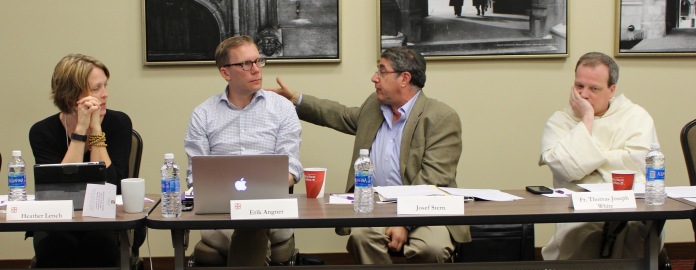

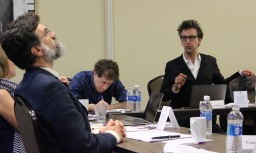




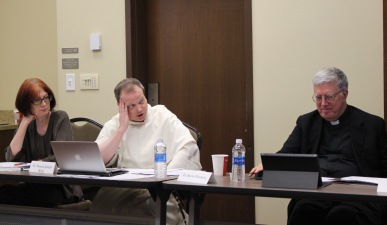


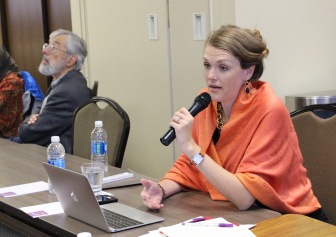
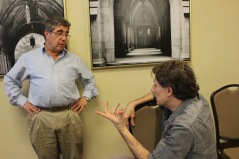









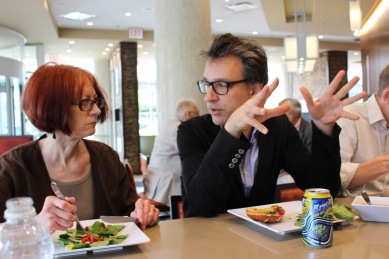

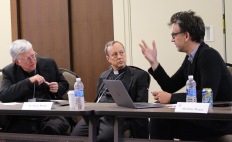

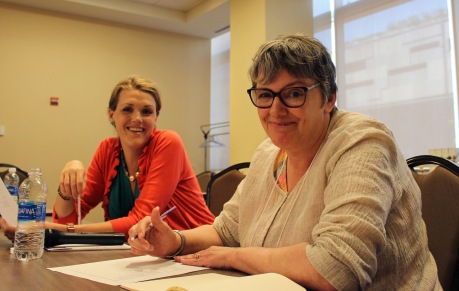
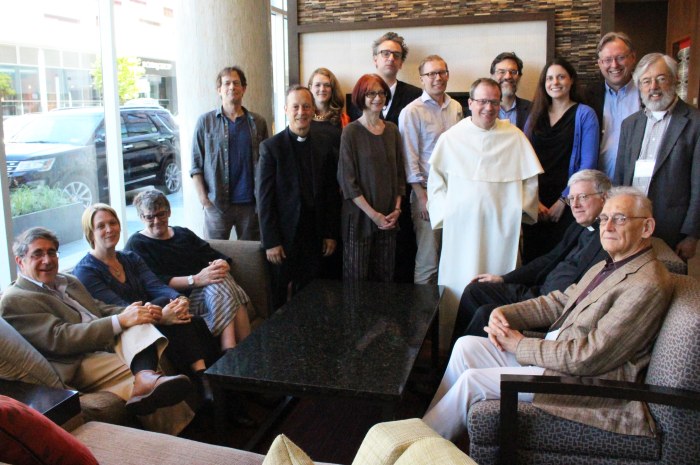


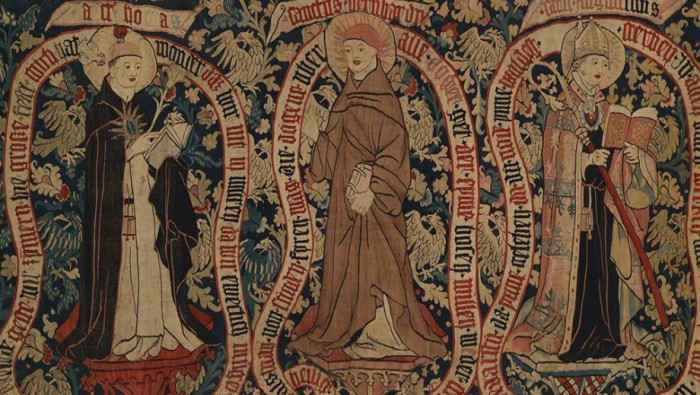
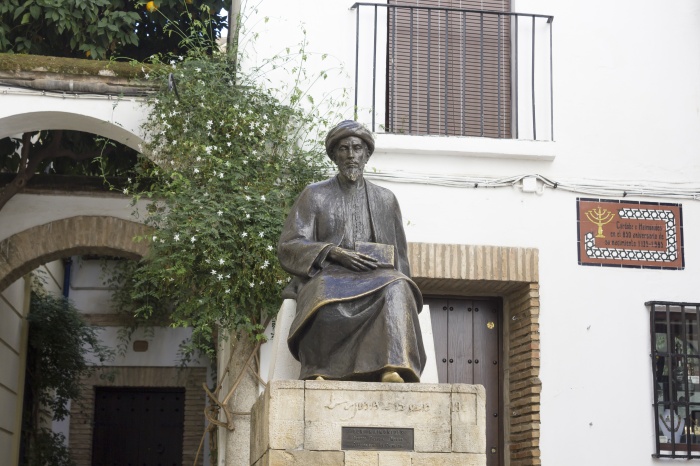
 Click the link below to hear our scholar and philosopher Josef Stern discuss Jewish medieval philosophy, his approach as a skeptical reader of Maimonides, multiple levels of meaning into the Akedah or “binding of Isaac”, and how he anticipates working with scholars in our project across the fields of philosophy, theology, and psychology will impact his approach to thinking about ideas of happiness, meaning, and perplexity.
Click the link below to hear our scholar and philosopher Josef Stern discuss Jewish medieval philosophy, his approach as a skeptical reader of Maimonides, multiple levels of meaning into the Akedah or “binding of Isaac”, and how he anticipates working with scholars in our project across the fields of philosophy, theology, and psychology will impact his approach to thinking about ideas of happiness, meaning, and perplexity.